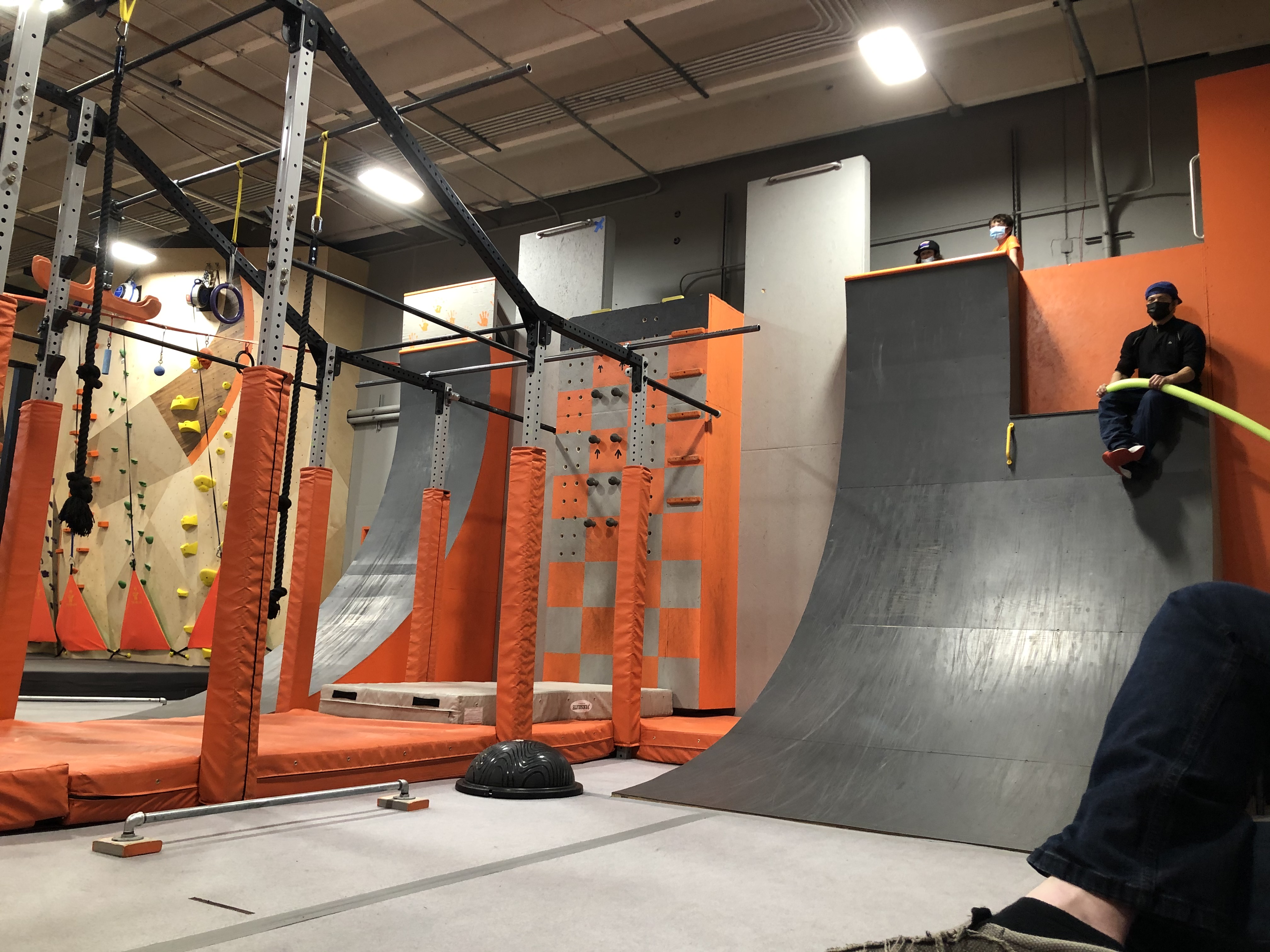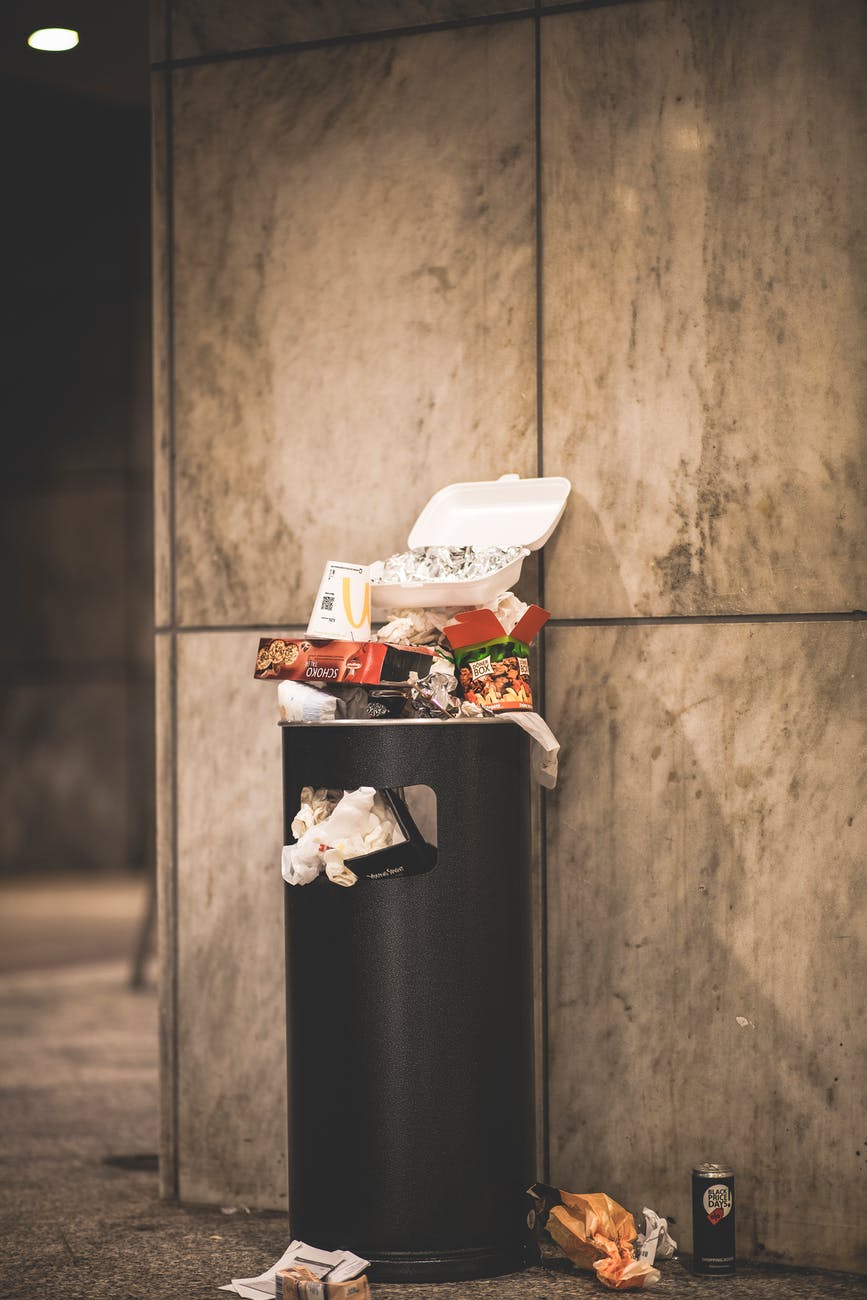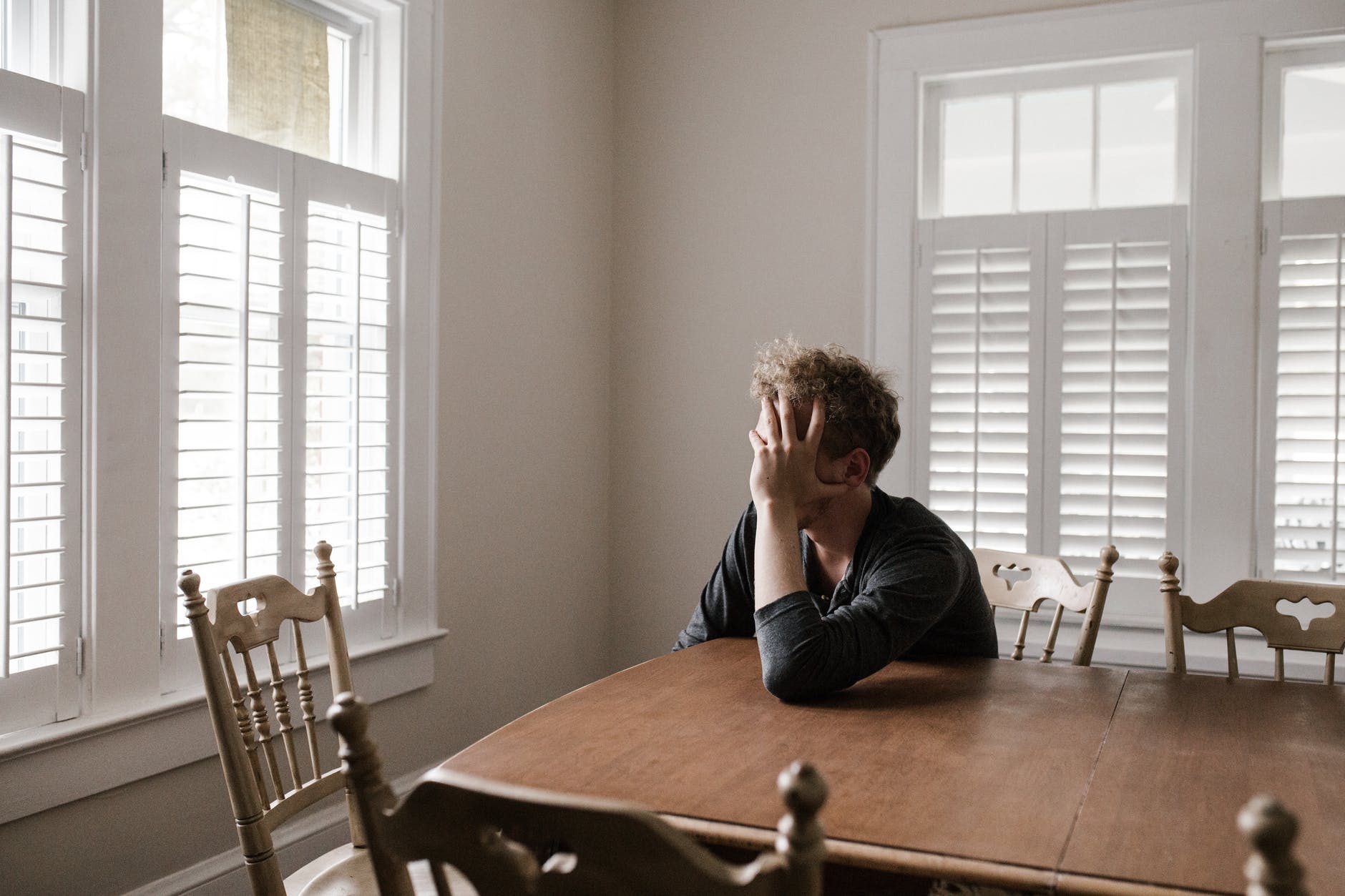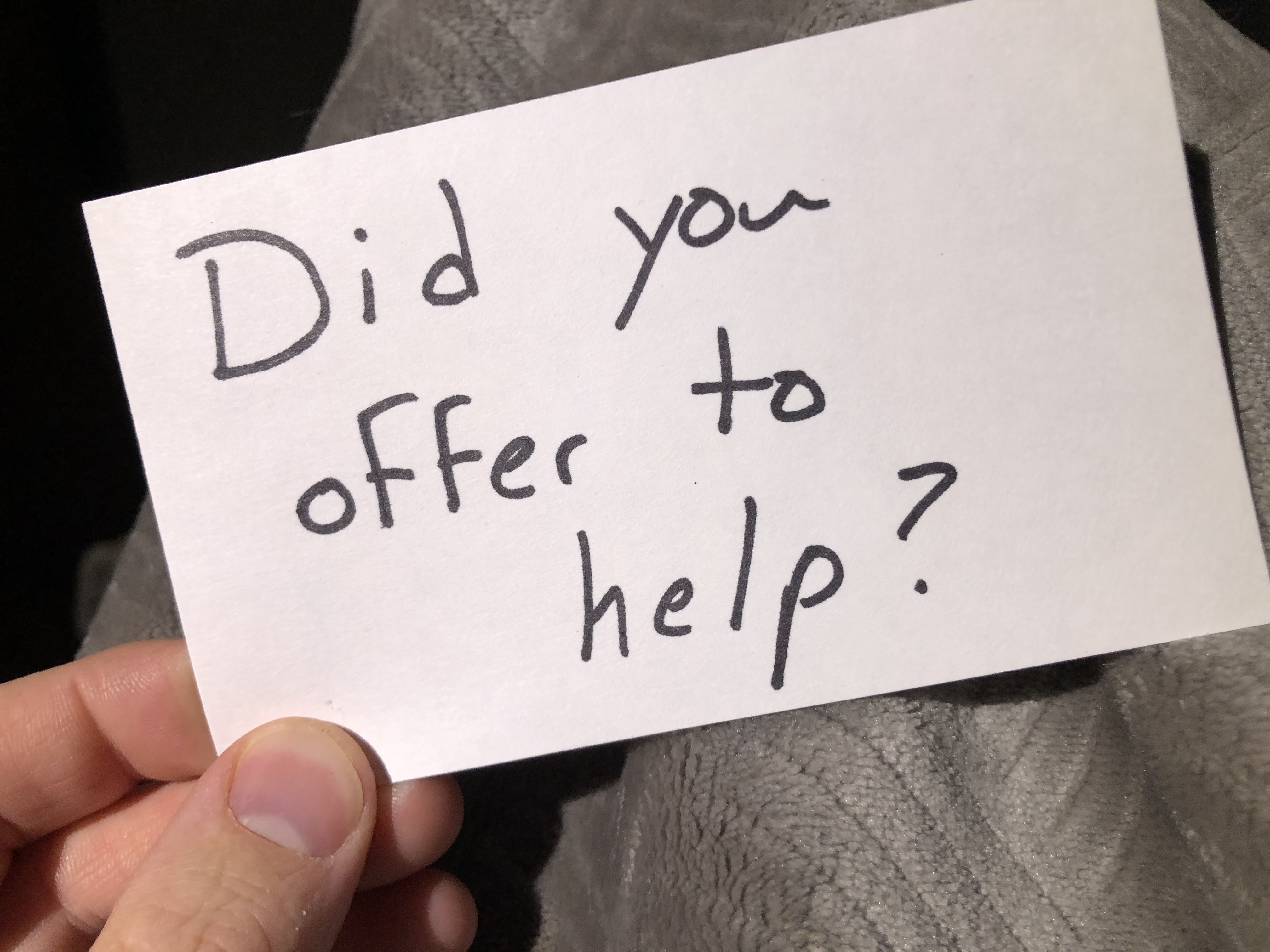I’m writing this from the basement.
Upstairs are 5 children under the age of 12. Two of them are mine.
We’ve been having a pretty quiet Sunday morning. I even got coffee on the couch. We started moving around a bit and then the request came, “Can we go see if the kids around the corner can play?”
Sure. We don’t have plans until after lunch. Go run and get your wiggles and sillies out.
A few minutes later, “They can’t play.”
No problem. They settle in. M asks if she can go for a walk. T asks if he can play Spider-Man. Yes to both. I keep moving, cleaning bathroom, moving laundry from dryer to hamper and pretending someone else is coming to fold it all.
A knock at the door.
“Zac, they can play!”
Great!
“They said they just have to be home at 2.”
I look at the clock. It is 10:30 in the morning.
Admittedly, I am relatively new to this play date thing. But, sending your young children to a neighbor’s house for 3.5 hours feels like a big move, right?
I’ve met these kids’ mom one time.
I just realized lunch is within that timeframe. Am I supposed to feed these three?
I mean, of course I’m going to take care of the kids and make sure everyone’s having fun and being safe. I’ll make sure they have a good lunch. I’ll help my kids clean up the messes that follow my specific “you can play with whatever you want as long as everyone picks it up before they go home”.
I’ll parent the hell out of this play date.
And, I’ll keep wondering about the wisdom of this move. I’ll work myself to being okay with assuming there won’t be any reciprocity.
Because, I have two kids and know how much it all feels like on the second day of a weekend when they keep looking to you for what’s next and what they can do and snack. I know what it’s like to have two, and can imagine what it’s like to have three who are all even younger.
Because, sometimes, it’s all so heavy that I understand how a parent brain might think, “That guy with the kids around the corner passed muster in the three minutes I talked to him. Maybe he and his kids can carry this weight for a little bit.”




